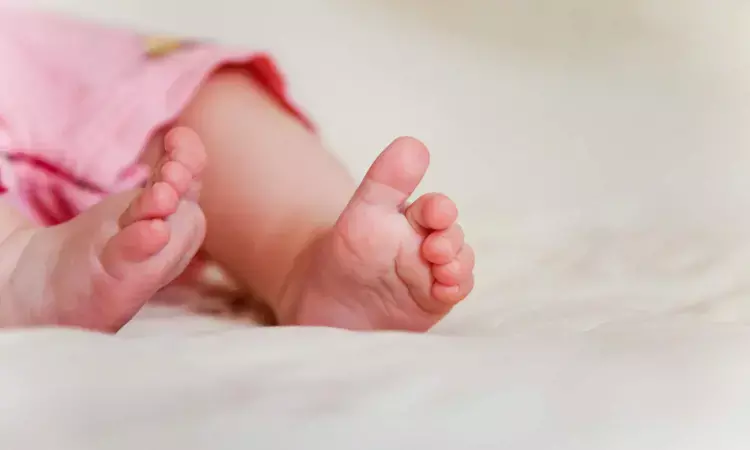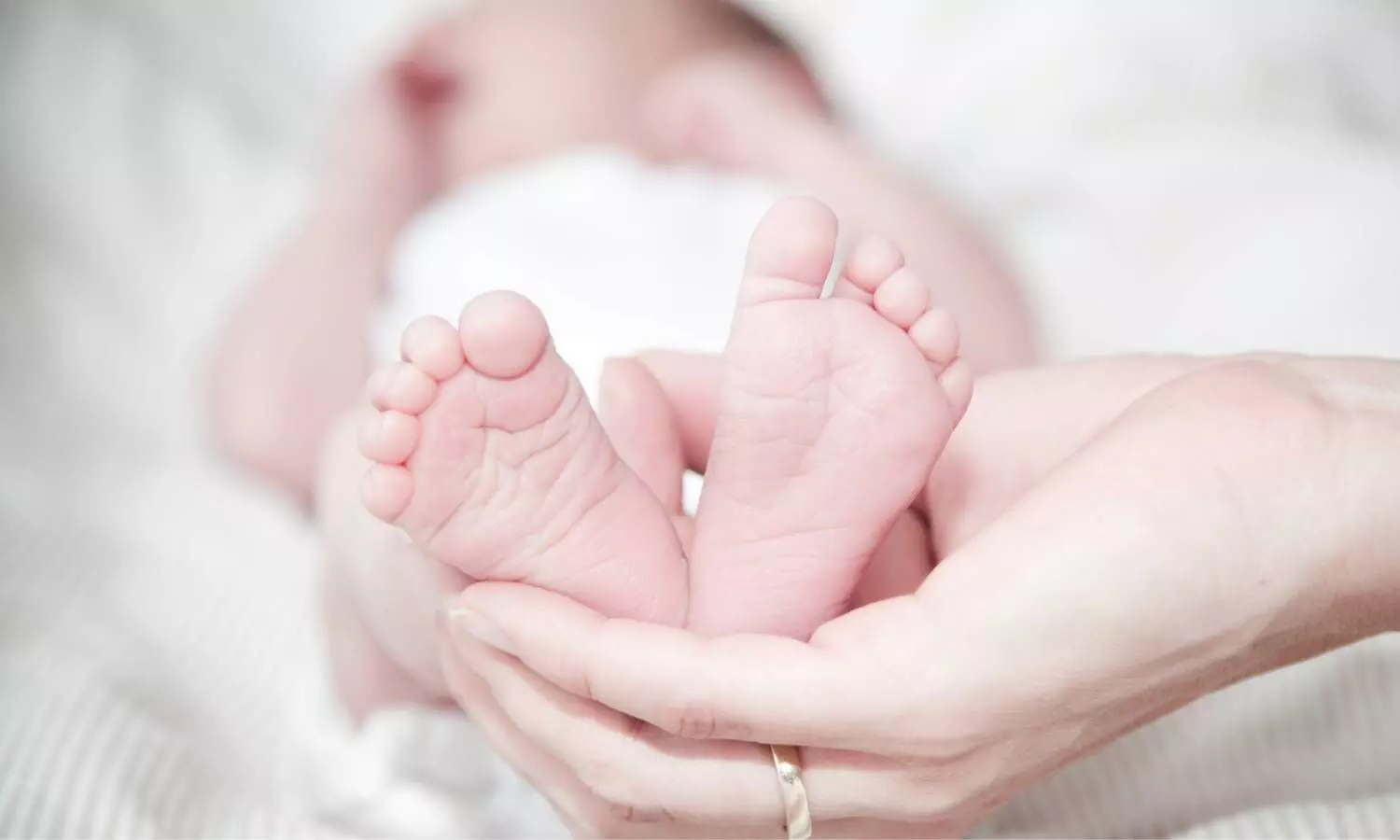- Home
- Medical news & Guidelines
- Anesthesiology
- Cardiology and CTVS
- Critical Care
- Dentistry
- Dermatology
- Diabetes and Endocrinology
- ENT
- Gastroenterology
- Medicine
- Nephrology
- Neurology
- Obstretics-Gynaecology
- Oncology
- Ophthalmology
- Orthopaedics
- Pediatrics-Neonatology
- Psychiatry
- Pulmonology
- Radiology
- Surgery
- Urology
- Laboratory Medicine
- Diet
- Nursing
- Paramedical
- Physiotherapy
- Health news
- Fact Check
- Bone Health Fact Check
- Brain Health Fact Check
- Cancer Related Fact Check
- Child Care Fact Check
- Dental and oral health fact check
- Diabetes and metabolic health fact check
- Diet and Nutrition Fact Check
- Eye and ENT Care Fact Check
- Fitness fact check
- Gut health fact check
- Heart health fact check
- Kidney health fact check
- Medical education fact check
- Men's health fact check
- Respiratory fact check
- Skin and hair care fact check
- Vaccine and Immunization fact check
- Women's health fact check
- AYUSH
- State News
- Andaman and Nicobar Islands
- Andhra Pradesh
- Arunachal Pradesh
- Assam
- Bihar
- Chandigarh
- Chattisgarh
- Dadra and Nagar Haveli
- Daman and Diu
- Delhi
- Goa
- Gujarat
- Haryana
- Himachal Pradesh
- Jammu & Kashmir
- Jharkhand
- Karnataka
- Kerala
- Ladakh
- Lakshadweep
- Madhya Pradesh
- Maharashtra
- Manipur
- Meghalaya
- Mizoram
- Nagaland
- Odisha
- Puducherry
- Punjab
- Rajasthan
- Sikkim
- Tamil Nadu
- Telangana
- Tripura
- Uttar Pradesh
- Uttrakhand
- West Bengal
- Medical Education
- Industry
Doctors at Panipat Hospital give new lease of life to newborn suffering from Collodion Syndrome

Haryana: A baby born prematurely with a rare and potentially life-threatening skin disease has been given a new lease of life by doctors at Panipat, Haryana.
The baby boy was born at 36 weeks to a couple from Zirakpur in Punjab. He suffered from a congenital skin condition characterized by tight, waxy, shiny skin resembling plastic -- known as Collodion Syndrome.
This autosomal recessive genetic disorder is a dermatological emergency, with an estimated incidence of 1 in 50,000 to 100,000 births, said Cloudnine Newborn Centre in Panipat.
The baby had red skin covered by a thick membrane known as the Collodion Membrane on the chest, upper and lower extremities, with eyelid and lip eversion, and deformed ears.
"The Collodion baby syndrome is a rare and potentially life-threatening dermatological condition. Very few infants with this disorder survive the first week of life and have almost a 50 percent chance of mortality," Dr Shalin Parikh, Consultant Neonatologist & Pediatrician at Cloudnine Group of Hospitals, Panipat, told IANS.
The baby required oxygen support and was nursed in an incubator with 70 percent humidity. A dermatology consult was obtained, and skin emollients were initiated.
The baby's infection screen was positive, and a 2-week course of high-grade IV antibiotics was given.
Daily monitoring of weight, serum electrolytes, and input/output was performed, and IV fluids were administered to maintain hydration and prevent electrolyte imbalances.
Over time, the eyelid and lip eversion improved with the shedding of the Collodion skin membrane, the doctors said.
Genetic testing of parents showed the absence of consanguinity or family history. The doctors counselled the parents regarding the autosomal recessive inheritance pattern of most cases of congenital ichthyosis.
"This case was challenging as the infant had acquired an infection during his admission outside, and there was respiratory distress. It required multi-disciplinary management from skin and ENT specialists. With timely interventions and parents' trust in our team, we were able to save the baby's life," Parikh said.
"The infant was discharged after 10 days of NICU stay at a weight of 2.2 kg. On follow-up, the infant had an excellent skin texture and good weight gain," the doctor added.
 Also Read: Anantnag doctors perform C-section amid tremors at hospital
Also Read: Anantnag doctors perform C-section amid tremors at hospital


